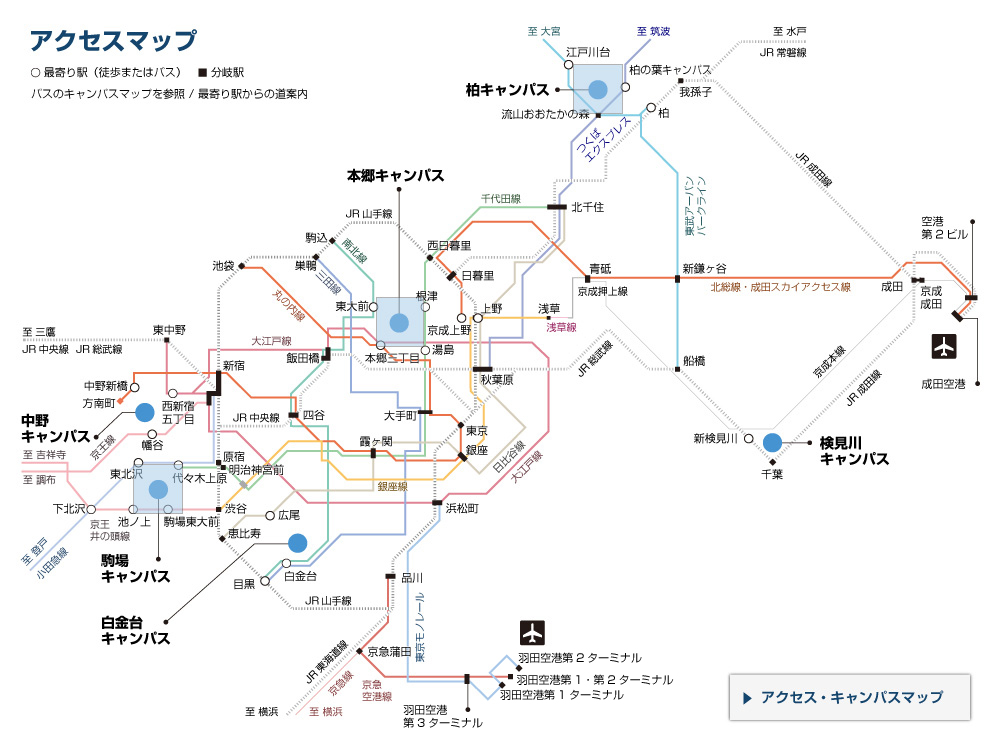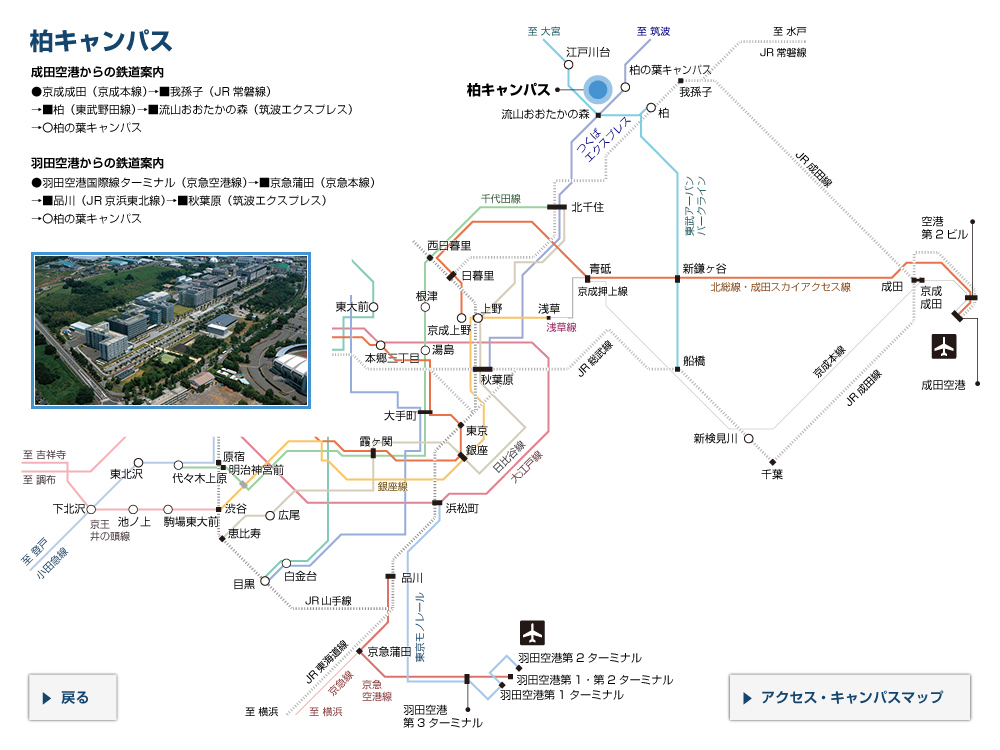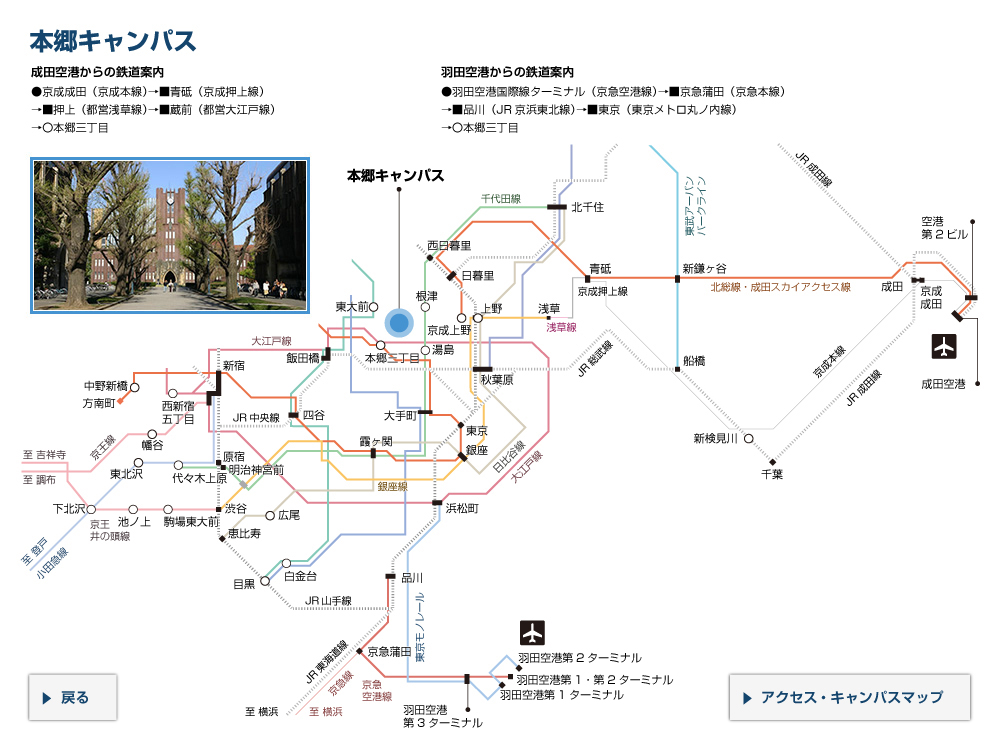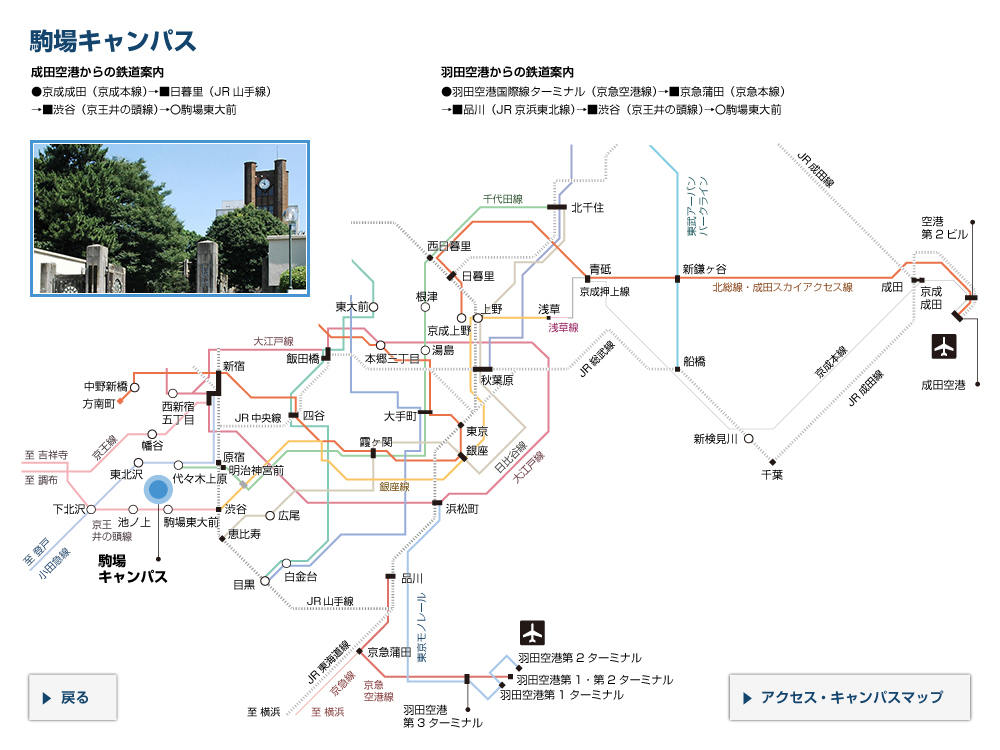平成22年度秋季入学式総長式辞
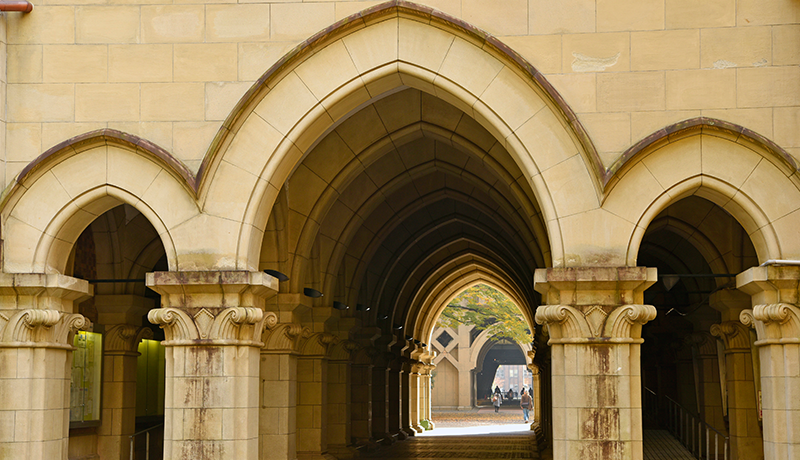

式辞・告辞集
Address of the President of the University of Tokyo at the 2010 Fall-Semester Matriculation CeremonyI would like to extend my congratulations to all of you who have entered the graduate schools of the University of Tokyo. I sincerely hope that you will lead a fulfilling life in your new world of academia. I would also like to congratulate your families who have supported you on the journey that brought you here today. The total number of students entering our graduate schools this autumn is 468. Of which, there are 210 in master’s courses, 236 in doctoral courses, and 22 in professional degree course. There are 325 international students, accounting for almost 70% of the total. Throughout our long tradition, we held our entrance ceremonies only in April every year. This is the first time that we are also holding an entrance ceremony in the autumn. We planned this autumn ceremony in response to the recent increase in the number of international students entering the University in October. For this reason the ceremony today, including my address, is given in English. I would like to say a few words about “internationalization.” Internationalization involves more than acquiring linguistic ability and fresh knowledge. The essence of internationalization lies in encounters with values, ideas, customs and other social mechanisms, which previously were foreign to us. It is a creative clash of different values, ideas, and customs. Through such a confrontation, which might not always be comfortable, we gain the power to create something new. We take up the intellectual challenge of engaging with the world in all of its diversity. What develops, I believe, is the resilience to respond flexibly and courageously to a new paradigm, which in turn helps to encourage creativity. In an era of rapid and dramatic change, communities need human resources with such resilience. This is precisely the meaning of internationalization in the current global era, and indeed it is at the heart of the internationalization of the University of Tokyo, which I am responsible for driving forward. To international students, the coming years will give you excellent opportunities to experience internationalization in this sense. You will need to absorb a great deal of new knowledge, and at the same time face a variety of things that are very different from what you have experienced until today. The same applies to our Japanese students. I want you to face up to these differences by taking full advantage of this environment where you can meet the great diversity offered by your international colleagues, and furthermore, actively explore opportunities to undertake research and engage in academic discussions overseas. From now on, you will focus on advanced studies in higher education. Taking this opportunity, I would like all of you to reaffirm your own commitment to academic excellence. The first step is to “stick to the facts. ” The attitude of adhering to the facts without compromise lies at the foundations of academic activities. Pursuing the facts will result in scientific accomplishments and greater insights into society. It is also the best way to decipher history without preconceptions. I know that continuing to put the facts before anything else is easier said than done. During the course of studies, it is very common to spend enormous amounts of time and energy uncovering just the smallest facts in science or history. I would like you to have the robust intelligence that enables you to endure with your studies without giving way to the daunting challenges and mental stresses. Greater value is involved here than mere knowledge. Since I became President a year and half ago, I have reiterated my thoughts on the “public nature of knowledge.” Simply stated, knowledge is not just for the benefit of individuals, it should also benefit everybody in society. This public nature does not mean simply that knowledge will become useful to society immediately. There are fields such as the basic sciences that make enormous contributions to society in the longer term. Likewise, critical discourses on society today may become useful for establishing a better society in the future. Making an intellectual contribution to society from such a broad perspective is precisely what I mean by the public nature of knowledge. At the same time, you must bear in mind that a moment of openness underlies the concept of public nature, and nowadays this moment should be more clearly defined in the following context. The term public nature implies some sense of authority, as reflected by government, which is often characterized by its public role. However, it is not appropriate today to attempt to play a public role through the eyes of authority. As you can see in globalization and in the individualization of lifestyles, the ever-expanding diversity of modern society also makes it impossible for public nature to be founded on unified values. The public nature of knowledge that is desired today should, therefore, be open to the diversity of society. In other words, you are expected to broaden your knowledge and continue raising the standards of knowledge through intellectual and active communications with people in society. Knowledge acquires creativity and vitality in the process of traveling to and from between university and society. A university is the best mechanism for ensuring the public nature of knowledge in this sense. A university is an arena where fresh wisdom, diverse values, and open discussions assume control. That arena must never be closed like a so-called ivory tower. Universities have enhanced the vitality of knowledge in collaboration with societies in their various forms and styles. Today, we are in an age of great change and even fundamental values are being rigorously questioned. I would ask you to join with others in society, discuss what values we should share in the future, and think about the knowledge and wisdom needed to give people fulfilling lives. I believe you will develop as men and women who take pride in pursuing knowledge only through the perspectives and efforts I have described. The University of Tokyo is delighted to welcome you all as colleagues, so that together we can challenge the future possibilities of academic activity. I wish you all the best luck. Junichi HAMADA
|
- カテゴリナビ



